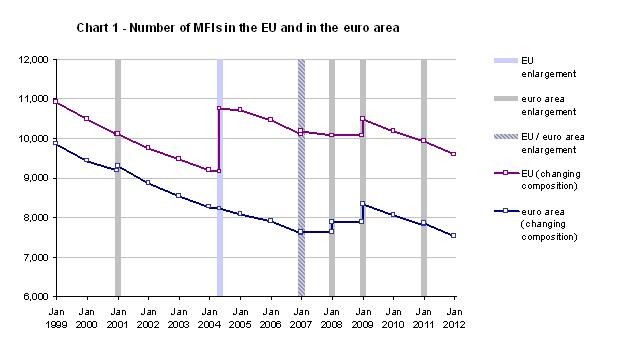Money Market Accounts An Introduction
Post on: 12 Июнь, 2015 No Comment

What Is a Money Market Account?
A money market account is a high-interest savings account, but it’s able to offer higher interest rates than other types of savings accounts by putting restrictions on depositors. These restrictions may include:
- A higher minimum deposit
Unlike typical savings accounts, which can be started with only a few dollars, a money market account usually requires a minimum deposit of at least $1,000.
Most money market accounts require a minimum balance to remain in the account at all times. If the account dips below that minimum, the depositor may incur additional fees.
Most money market accounts limit withdrawals to around five per month. Additional withdrawals will be subject to a penalty fee.
Some money market accounts allow depositors to write a few checks from the account per month.
These limits and restrictions ensure that a depositior leaves more cash in the account for longer, allowing the bank to lend it out to other customers. This is how money market accounts are able to offer higher interest rates.
Who Should Use a Money Market Account?
A money market account is less liquid than a typical savings account, but more liquid than a certificate of deposit. It provides a low-risk savings option with just enough liquidity for major purchases or emergencies. For many people, this setup has an additional benefit: It provides some incentive to leave those savings in the bank.
Like any bank deposit, money market funds are also insured by the Federal Deposit Insurance Corporation (FDIC) (or, in the case of a credit union, by the National Credit Union Administration (NCUA)), which means that if your bank goes out of business, you’ll still get your deposit back.
Because money market accounts tend to have higher interest rates than typical savings accounts and restrictions against too many withdrawals, they can be excellent for long-term savings. Some money market accounts even reward depositors by increasing the interest rate when the account breaks certain thresholds, such as $10,000.
Alternatives to Money Market Accounts
Investors can also gain exposure to money market rates through exchange-traded funds (ETFs). Whiles these instruments arent identical to a traditional money market account from your local bank, the premise behind them is generally similar with one advantage being their intraday liquidity; on the other hand, these are not FDIC insured and there is a small management fee associated with each of these products which ultimately takes a bite out of your bottom line returns.
The table below showcases four of the most popular money market ETFs :














